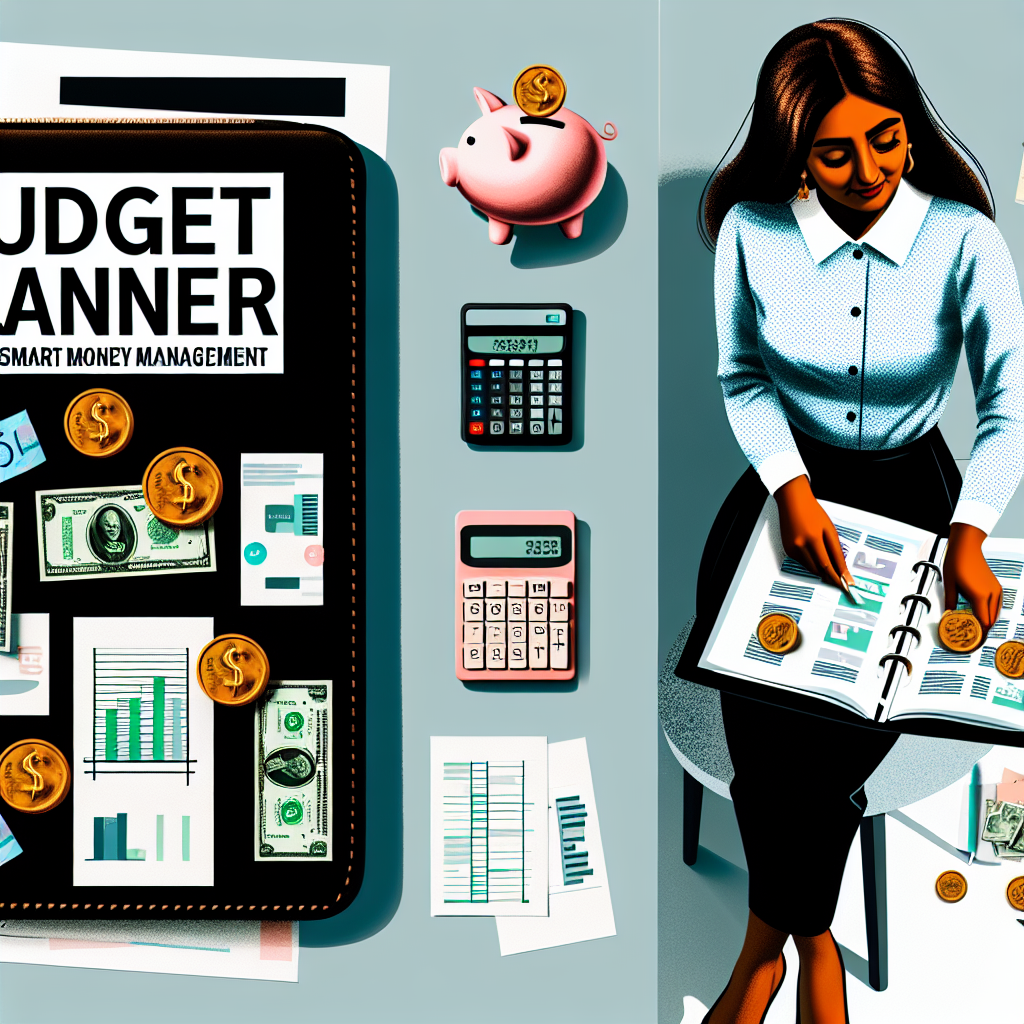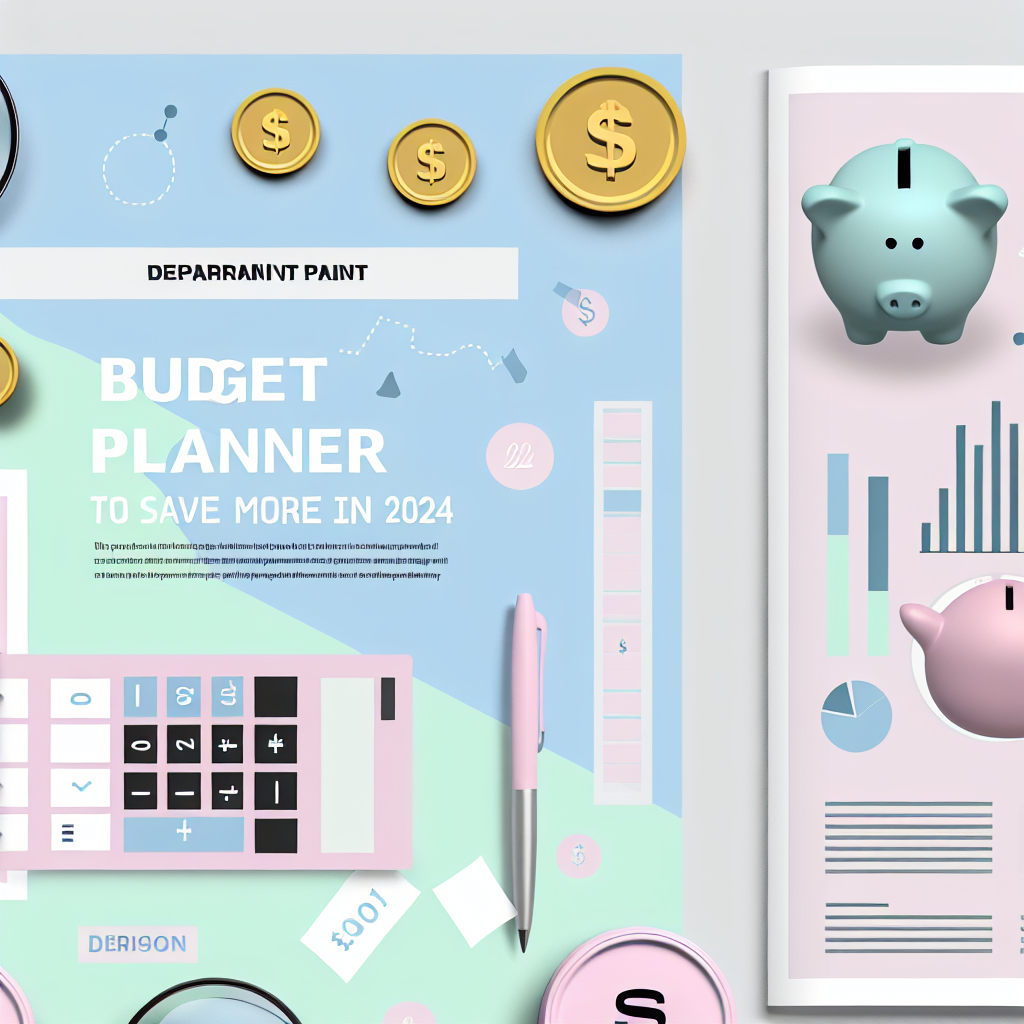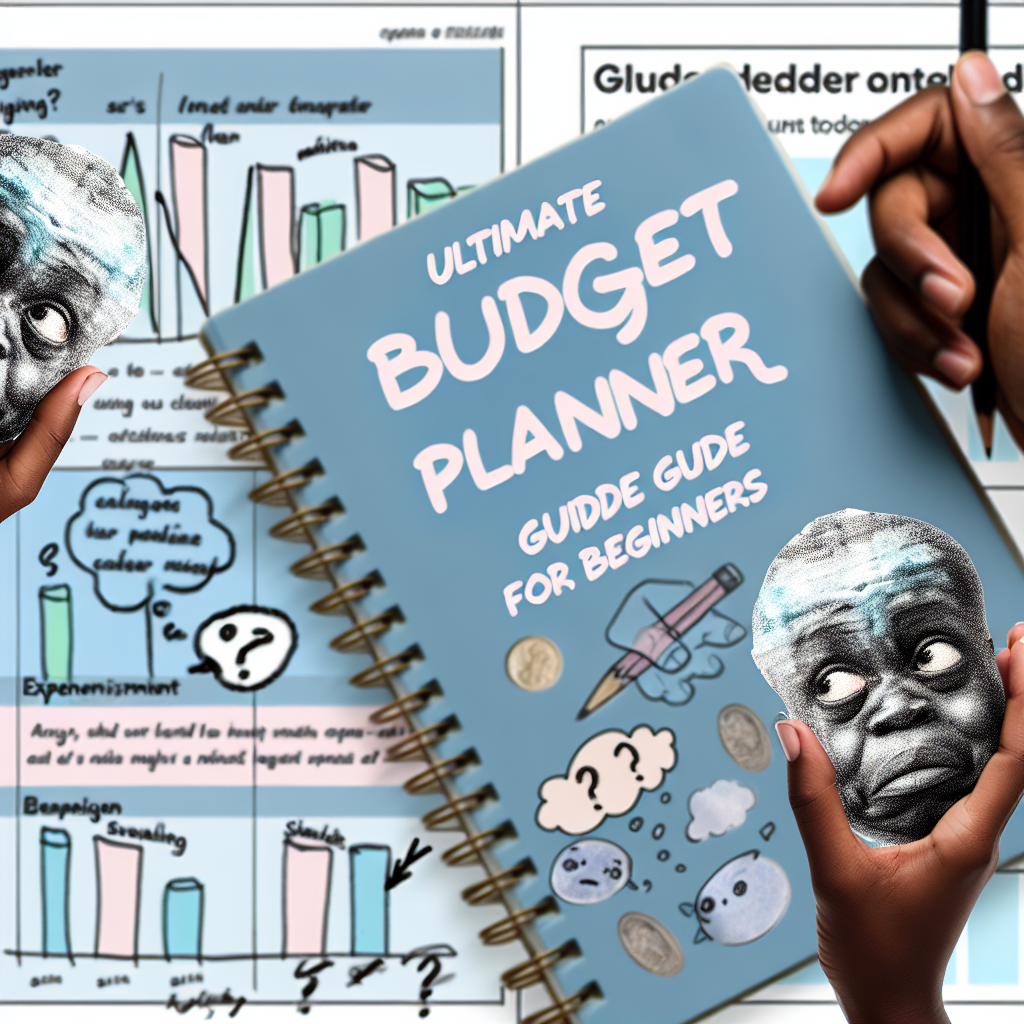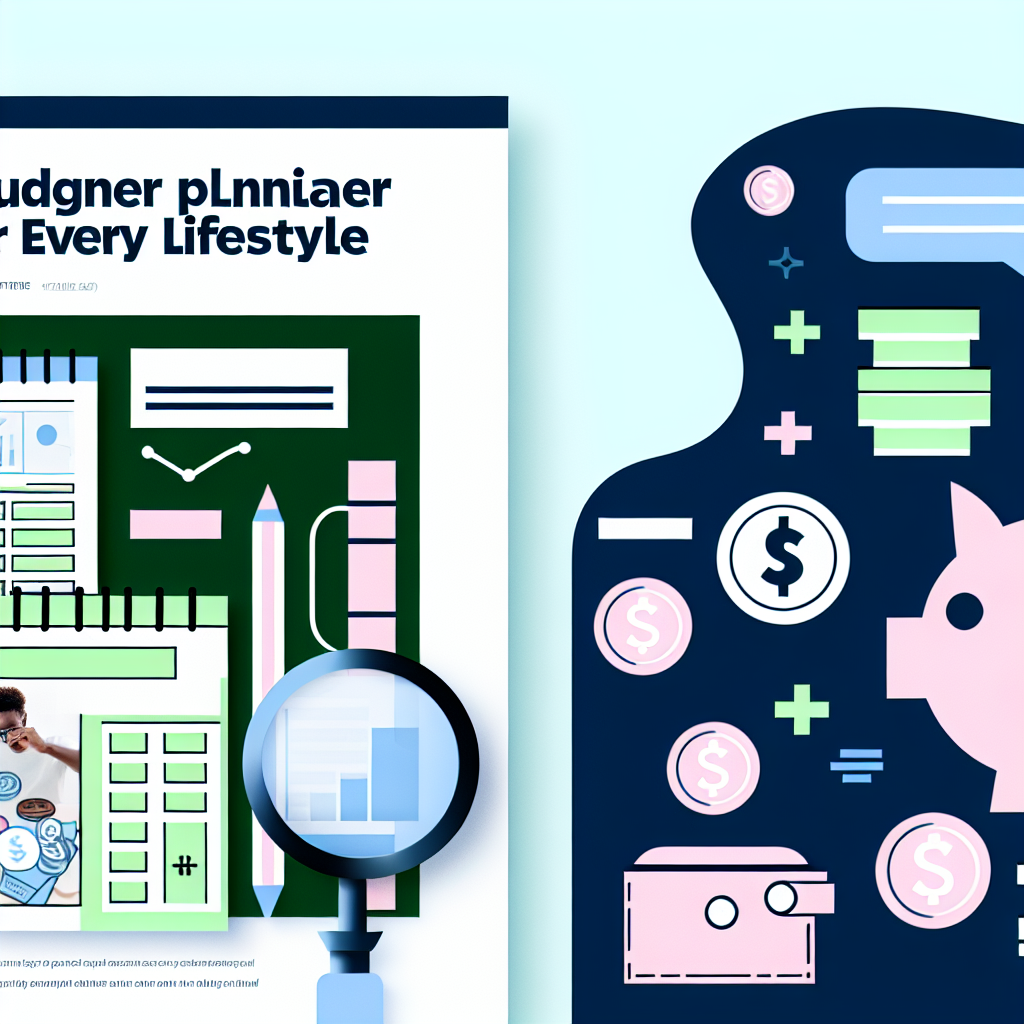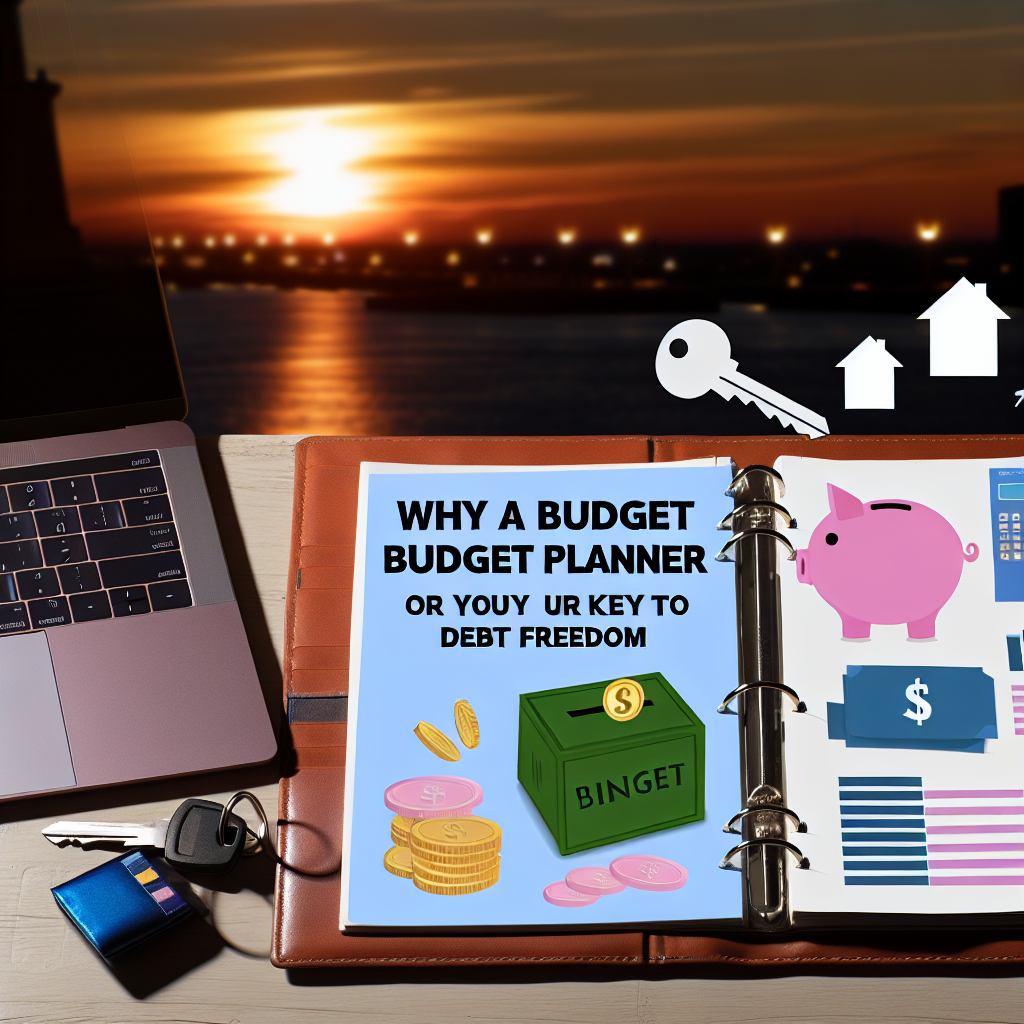=
I still remember the first time I tried to make a budget planner. It was a scrappy little thing scribbled on the back of a takeout receipt, stained with coffee rings and the words “NO SPENDING” slapped in bold letters across the top. I was convinced this would be the magic fix. Spoiler: it wasn’t. Within a week, I’d blown half my paycheck on impulse buys and felt worse than before. My budget planner wasn’t a tool; it was a reminder of how badly I’d failed at managing money.
For a long time, I thought budgeting meant strict rules and endless sacrifice—like some kind of financial boot camp I was doomed to fail. But after years of bouncing between overdraft fees, late bills, and the crushing anxiety of not knowing where my money went, something finally clicked.
The “Aha!” Moment: Budget Planning Isn’t About Perfection
I realized that budget planner hacks to maximize your savings aren’t about creating a flawless spreadsheet or never spending on fun stuff again. It’s about making peace with your money habits and finding small, realistic ways to keep more of your hard-earned cash without feeling like you’re living in a financial prison. Budgeting became less about restriction and more about understanding myself—my weaknesses, my triggers, and yes, my love for the occasional splurge.
How I Learned to Hack My Budget Planner (Without Losing My Mind)
The first thing that actually worked for me was ditching the idea of a “perfect budget.” Instead, I started tracking just one category at a time. I picked food because it was where I was bleeding money—hello, $45 takeout dinners on random weeknights. By focusing on just one area, I didn’t feel overwhelmed. It was like trying to tame a wild horse by petting it first, not jumping on its back.
I remember being hesitant to try setting up automatic transfers to savings. It felt like giving up control, like I’d never see that money again. But once I set it up—just $20 a week, nothing crazy—I stopped noticing it was gone. That little trick added up faster than I expected, and it gave me a tiny win to celebrate every month.
This next hack might sound weird, but it changed everything: I started carrying cash for my “fun money.” Yes, actual bills. When the cash was gone, I was done spending. It made me painfully aware of how fast I blew through my card before, and surprisingly, it made me savor those little treats more because I knew they were limited.
Another game-changer was setting reminders to check my bank statements—not just once a month, but weekly. At first, it felt like opening a can of worms every time I looked. But over time, I caught sneaky subscriptions I forgot about and stopped letting small fees slip by unnoticed. It was like finally reading the fine print on a contract I’d blindly signed.
Lastly, I gave myself permission to be flexible. Some months, my budget planner looked like a mess because life threw curveballs—car repairs, unexpected birthdays, or just plain exhaustion. Instead of beating myself up, I adjusted and kept going. That mindset saved me from quitting altogether.
I Get It—Budgeting Can Feel Intimidating and Impossible
I know what you might be thinking right now. Maybe you’re saying, “This sounds hard,” or “I don’t have enough money to even start.” Believe me, I’ve been there. When you’re living paycheck to paycheck, the idea of saving or budgeting feels like a cruel joke. But here’s the truth: you don’t need a lot of money to start, and you don’t need to be perfect. You just need to start small, forgive yourself when you slip up, and keep trying. That’s how change happens.
One Small Step to Take Today
If you’re still reading, here’s my heartfelt message: you’re not alone in this messy, frustrating journey. Your budget planner doesn’t have to be a source of stress—it can be your ally. Today, try one tiny hack. Maybe it’s setting up that automatic transfer, or carrying $20 in cash for fun spending, or just opening your bank app and looking at your transactions without judgment. Whatever it is, it’s a step toward taking back control.
Remember, money is mostly about behavior, not numbers. And every little win counts. You’ve got this.
💡 Want more tips like this? Explore more ways to save funds and plan your budget wisely!


